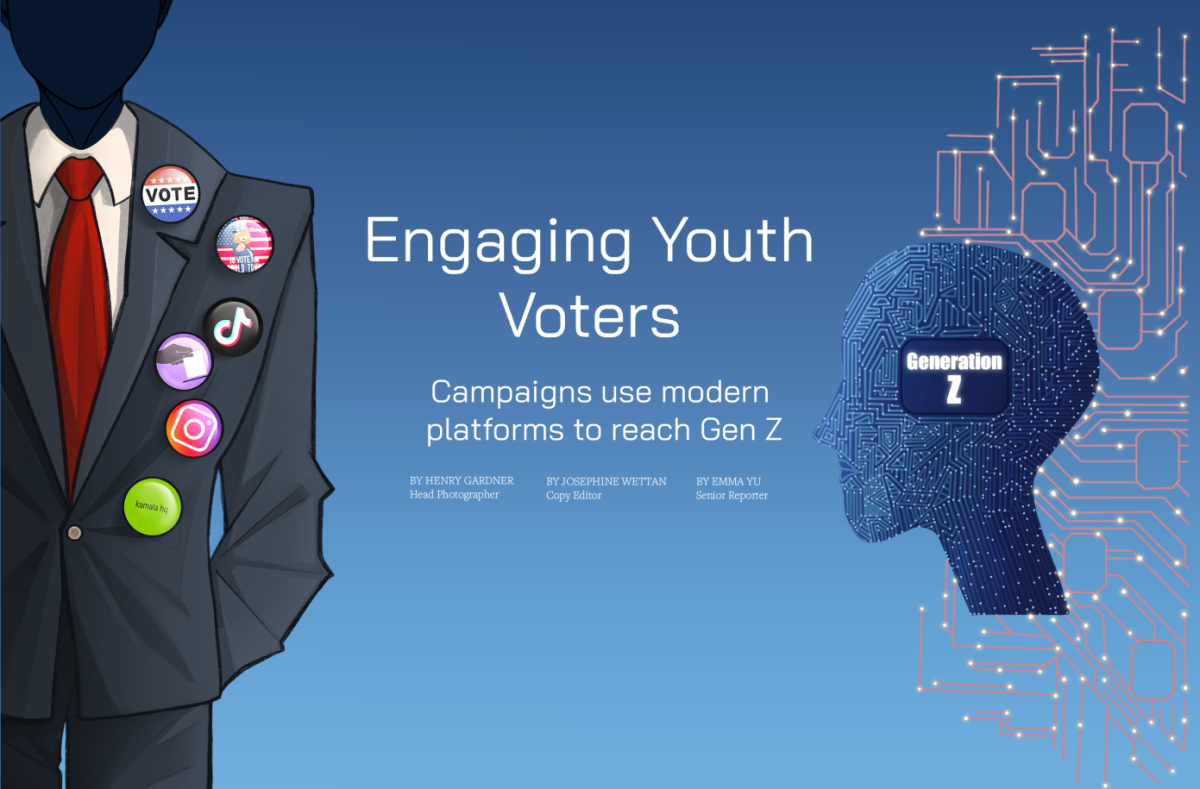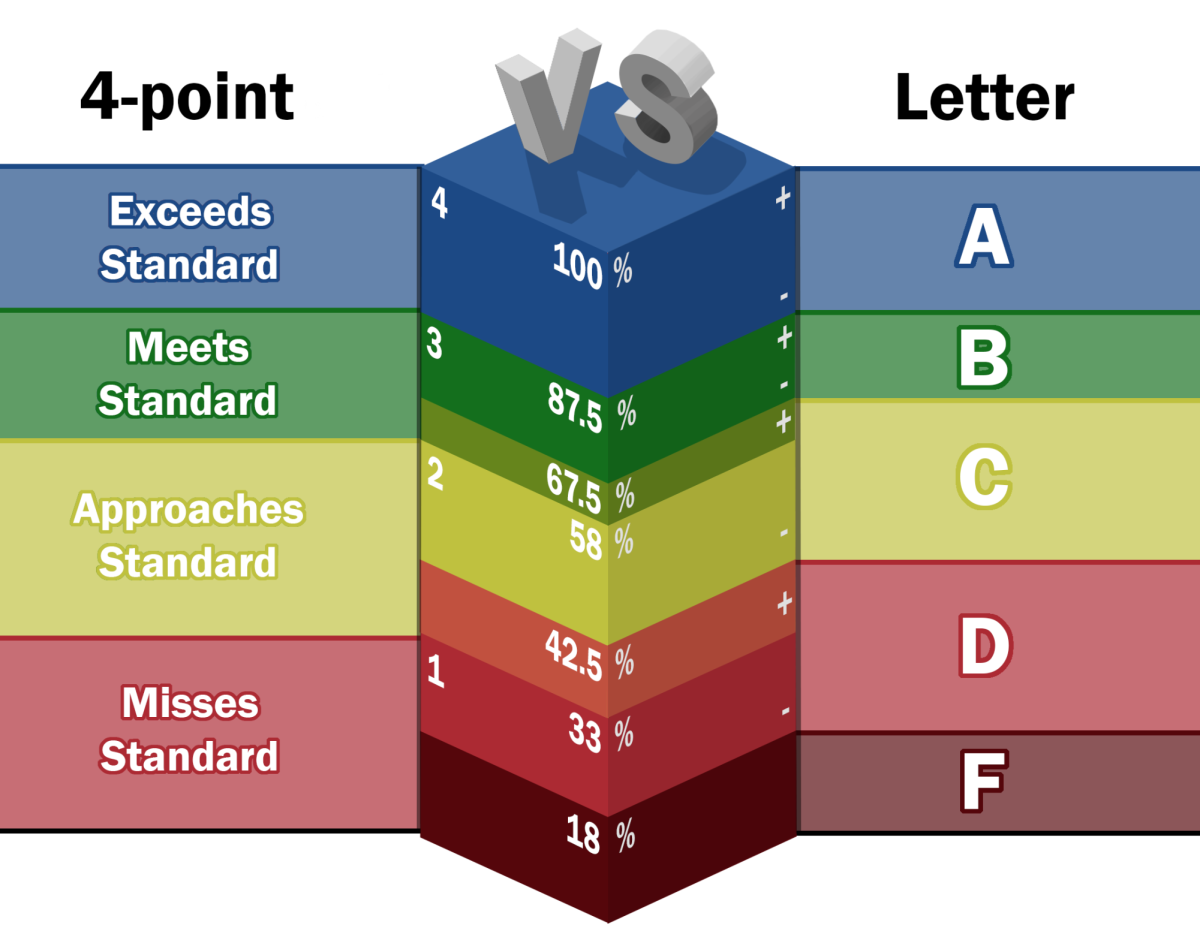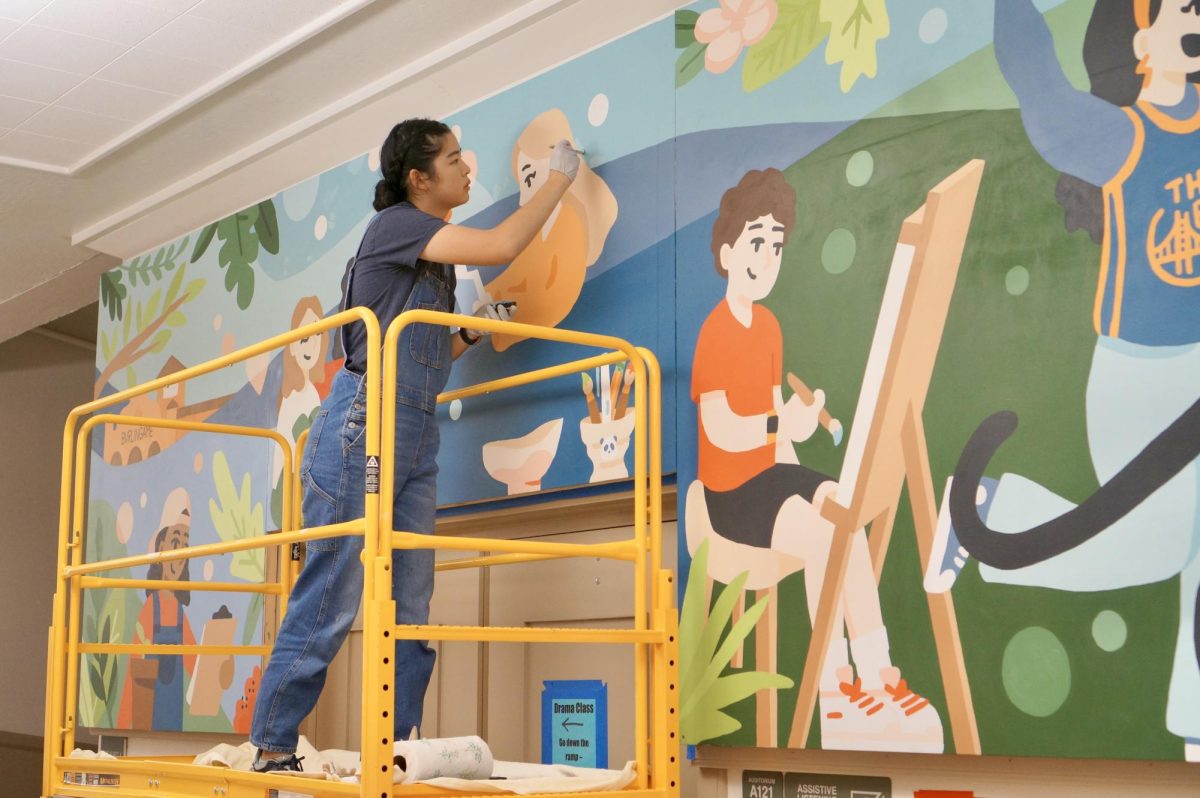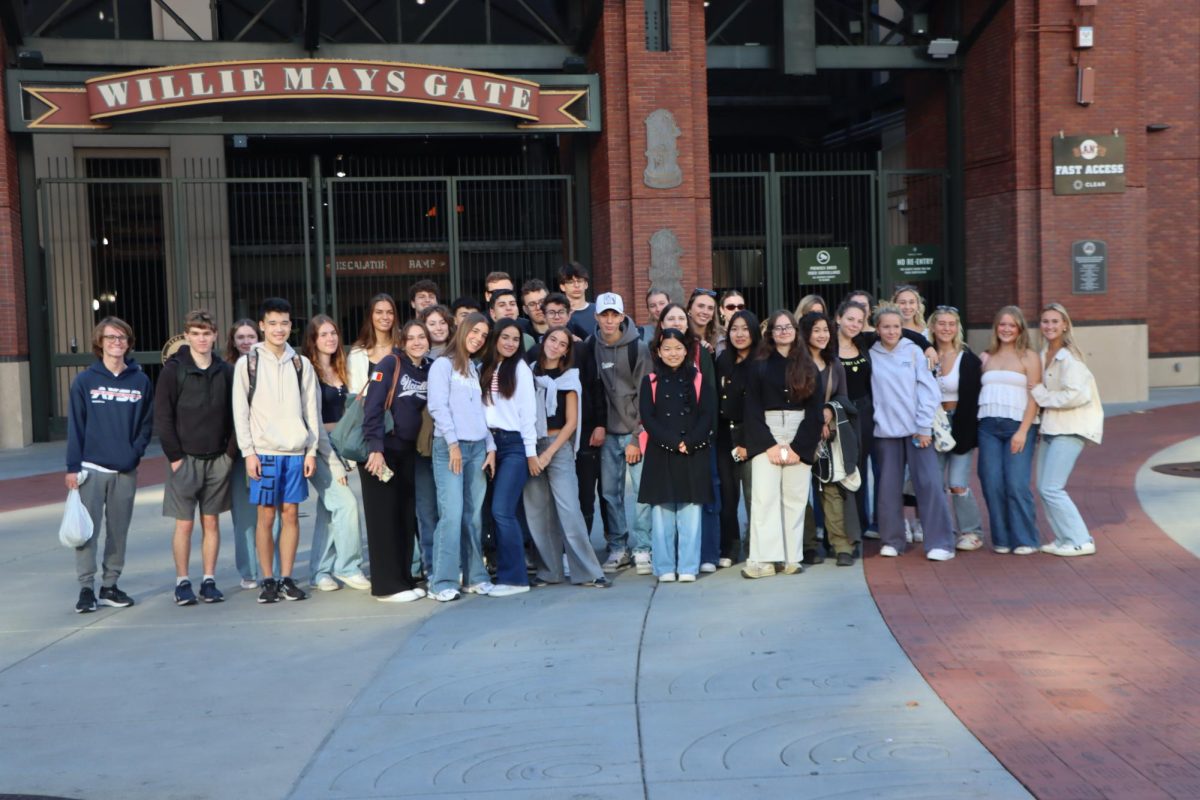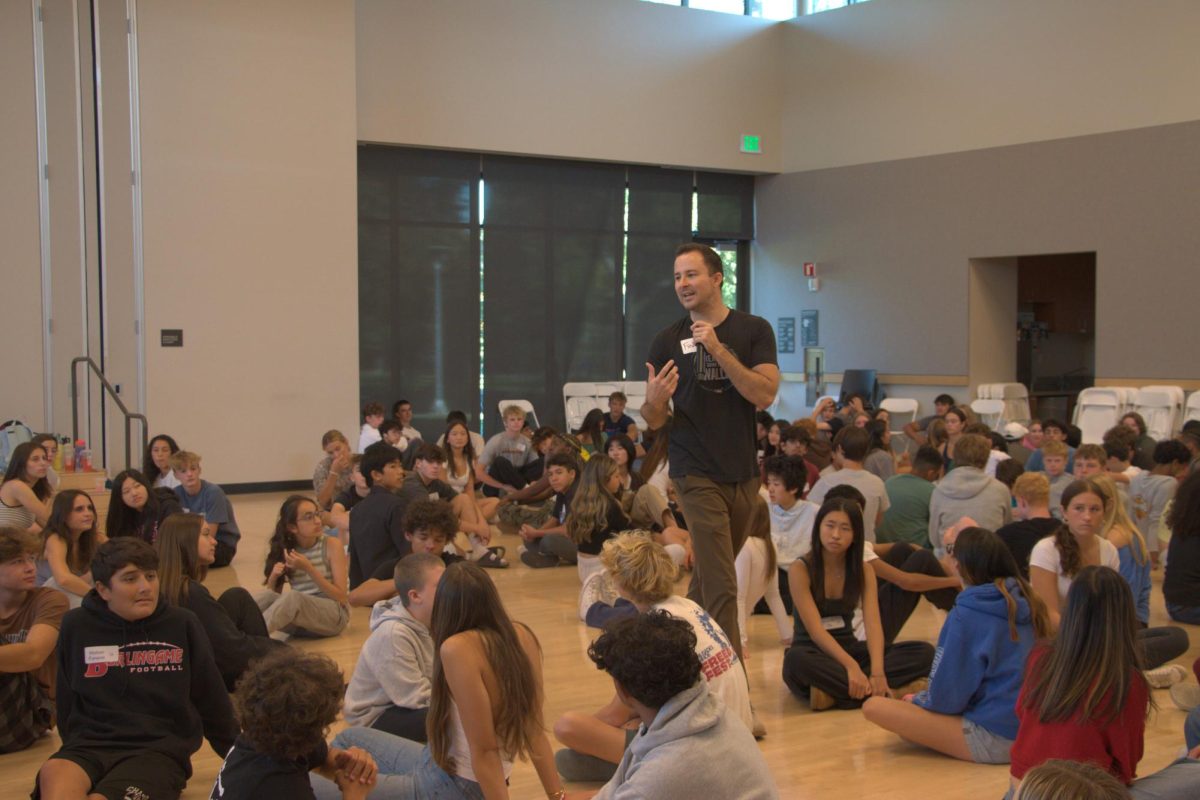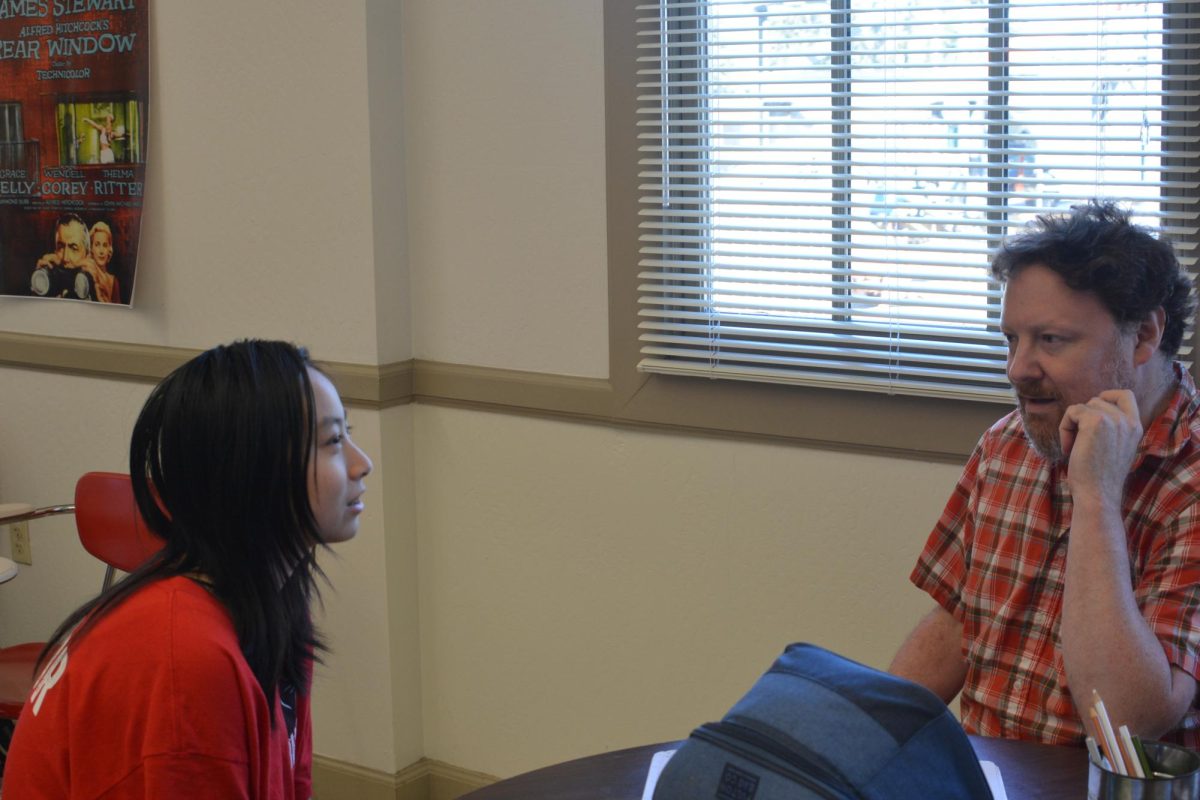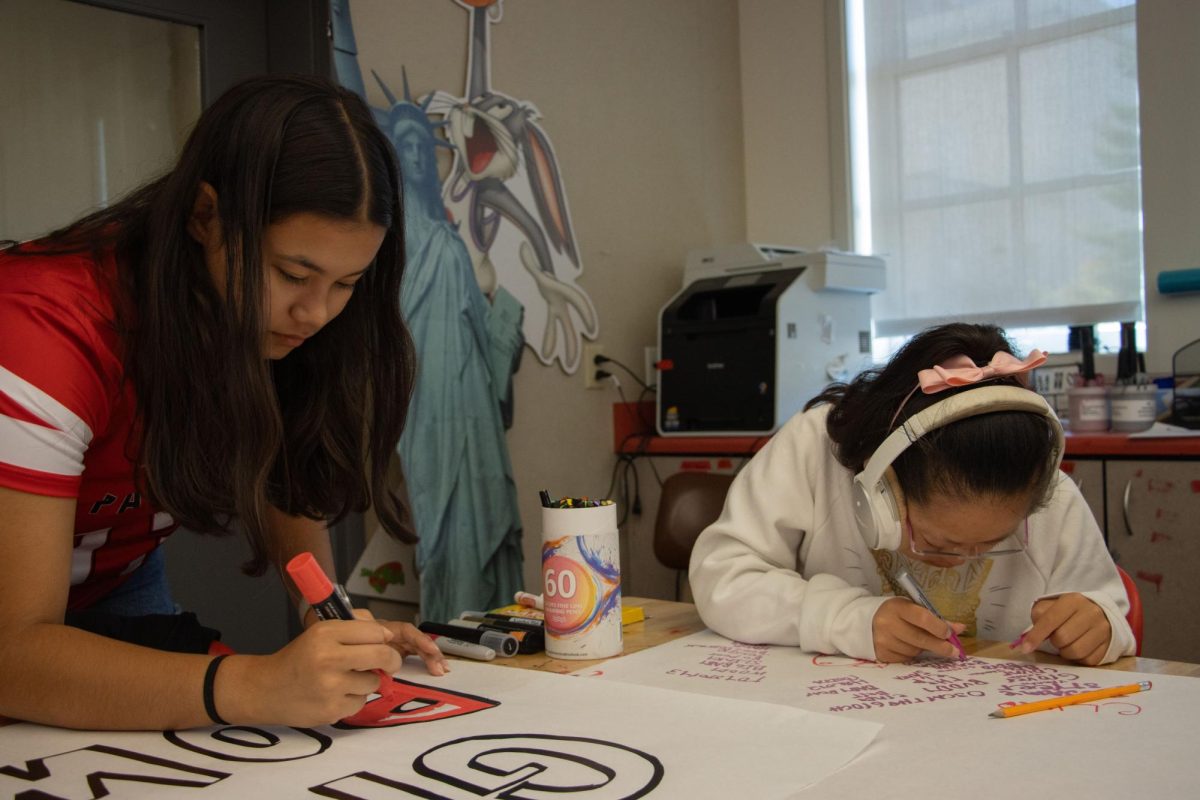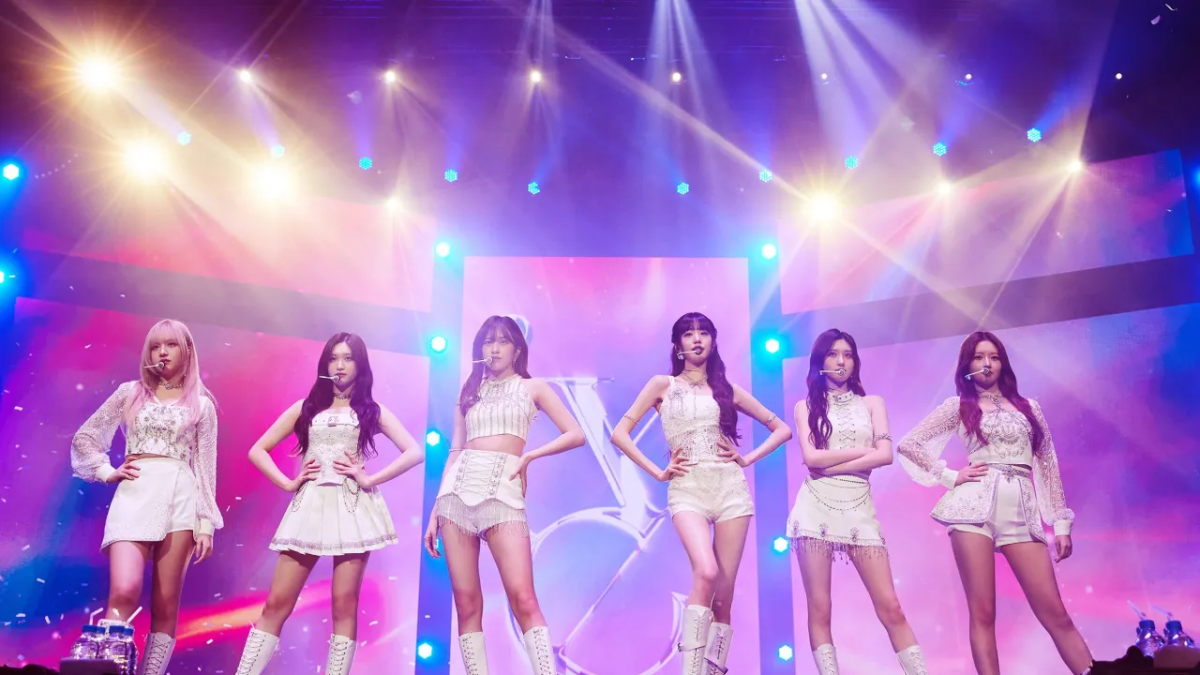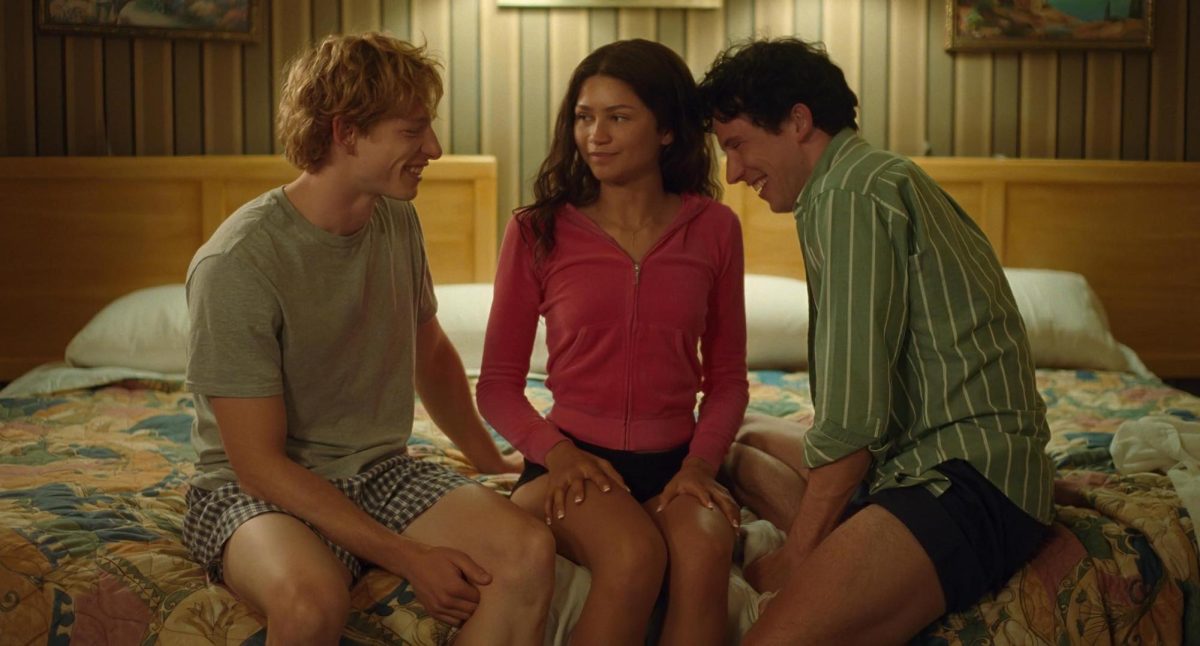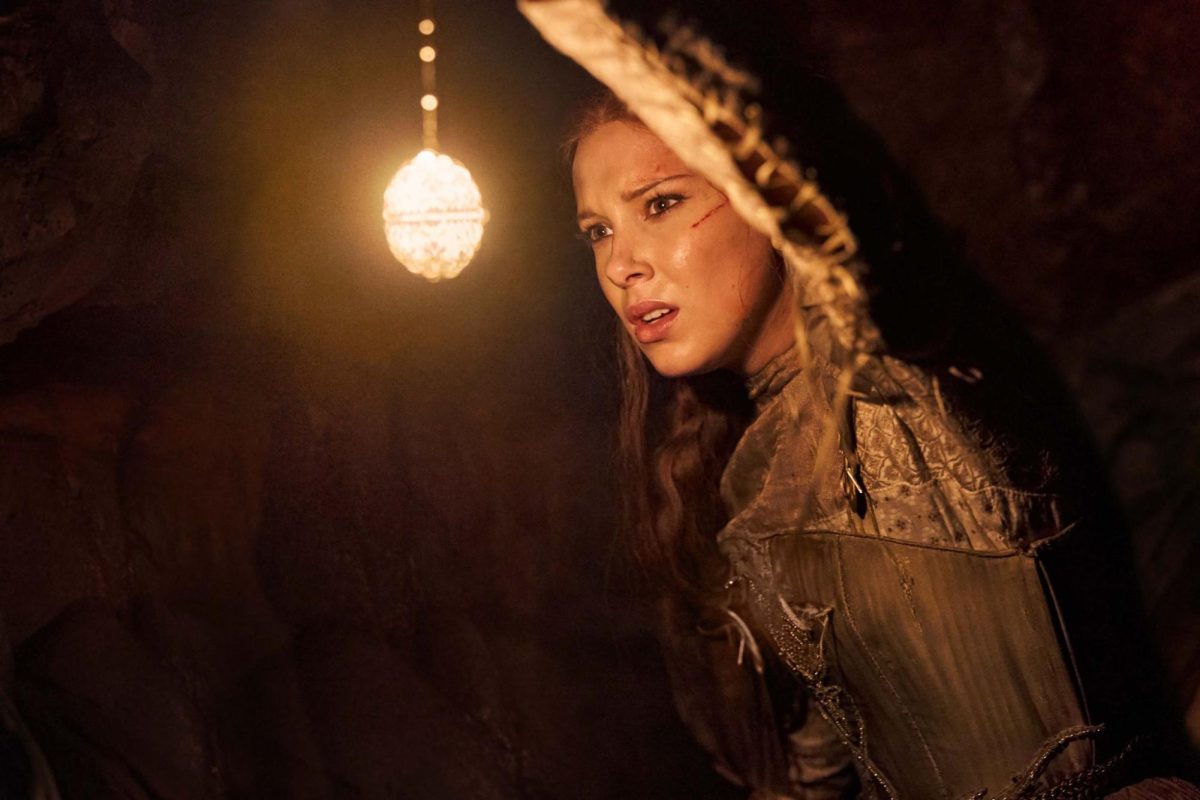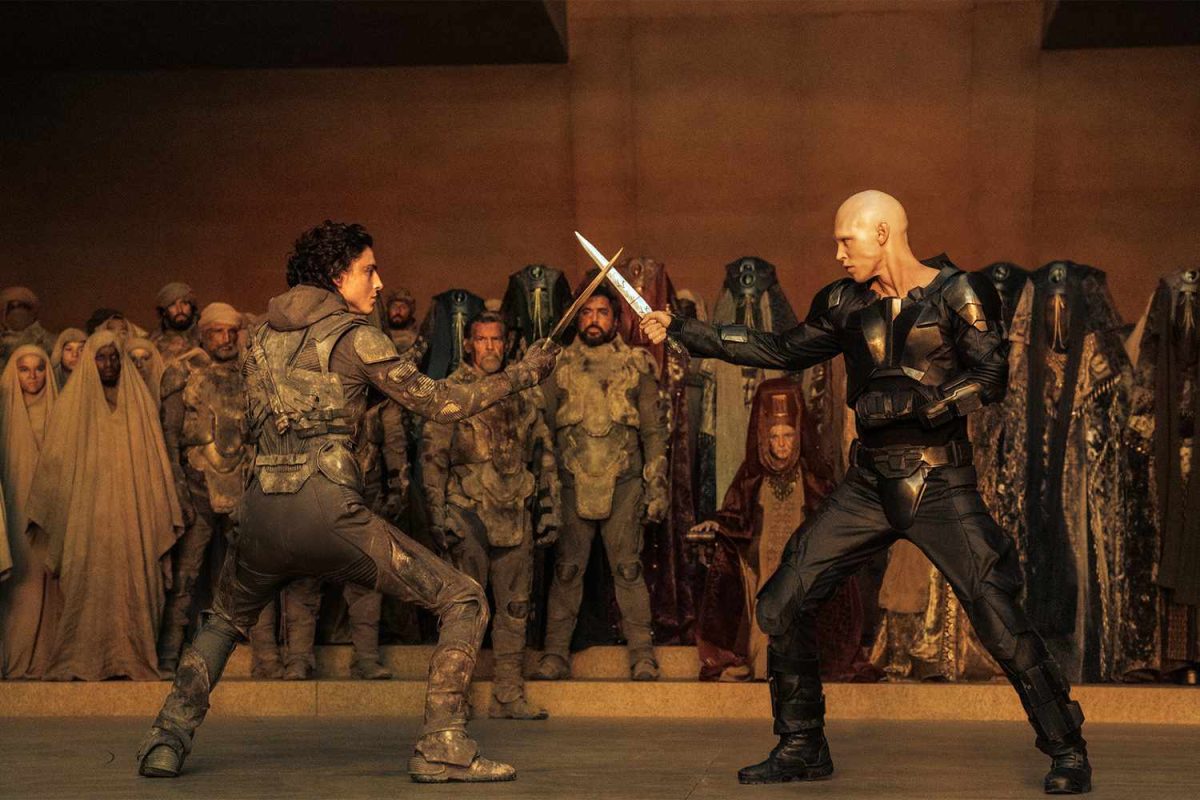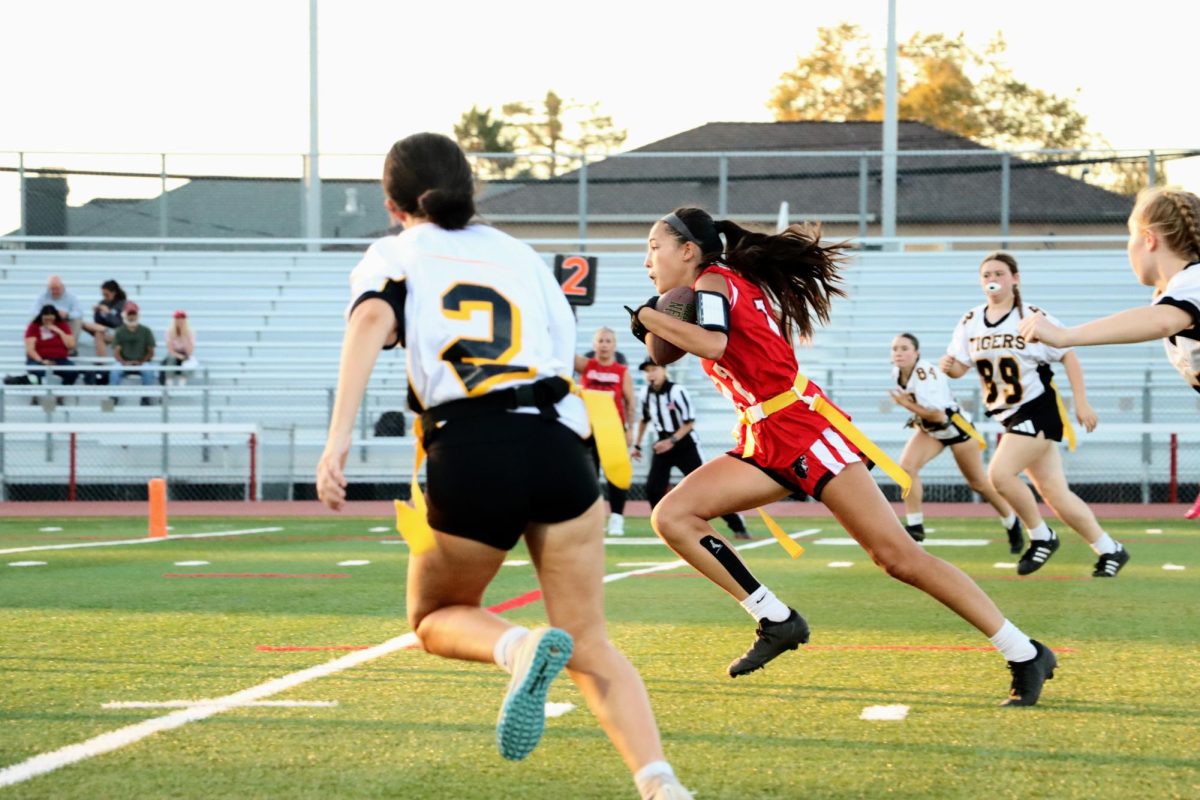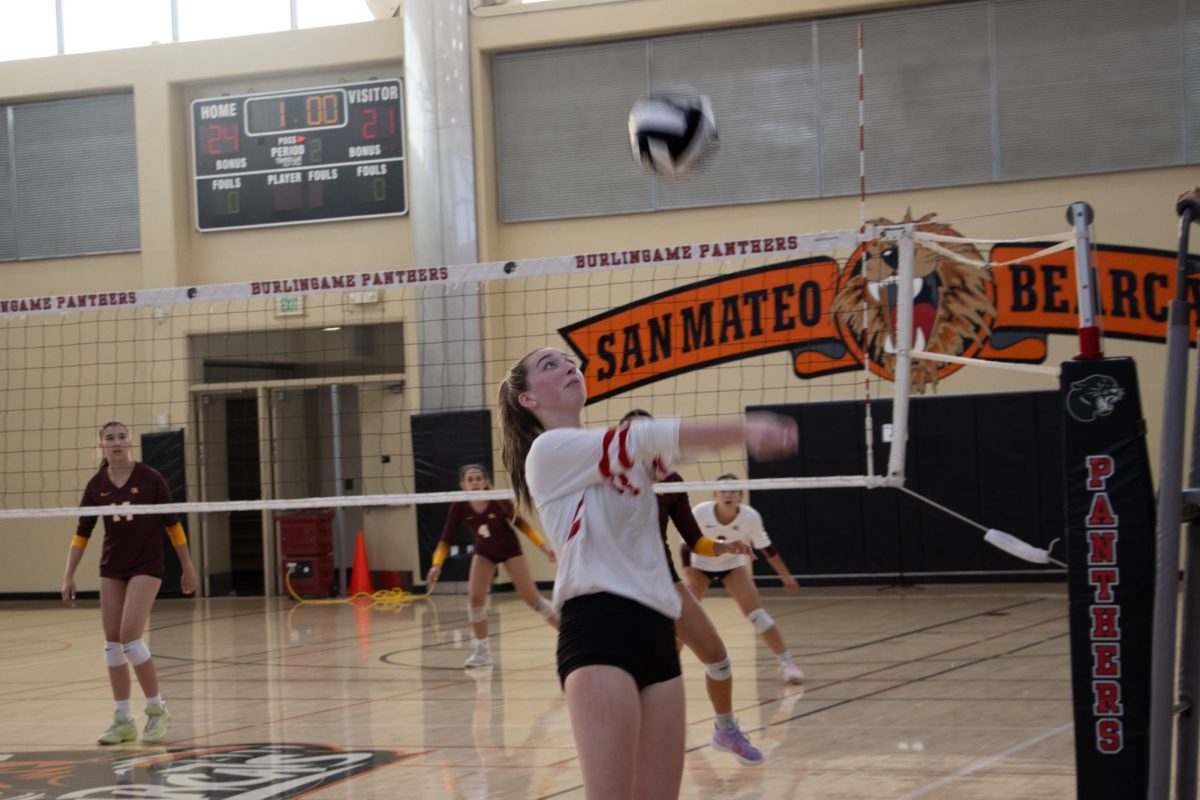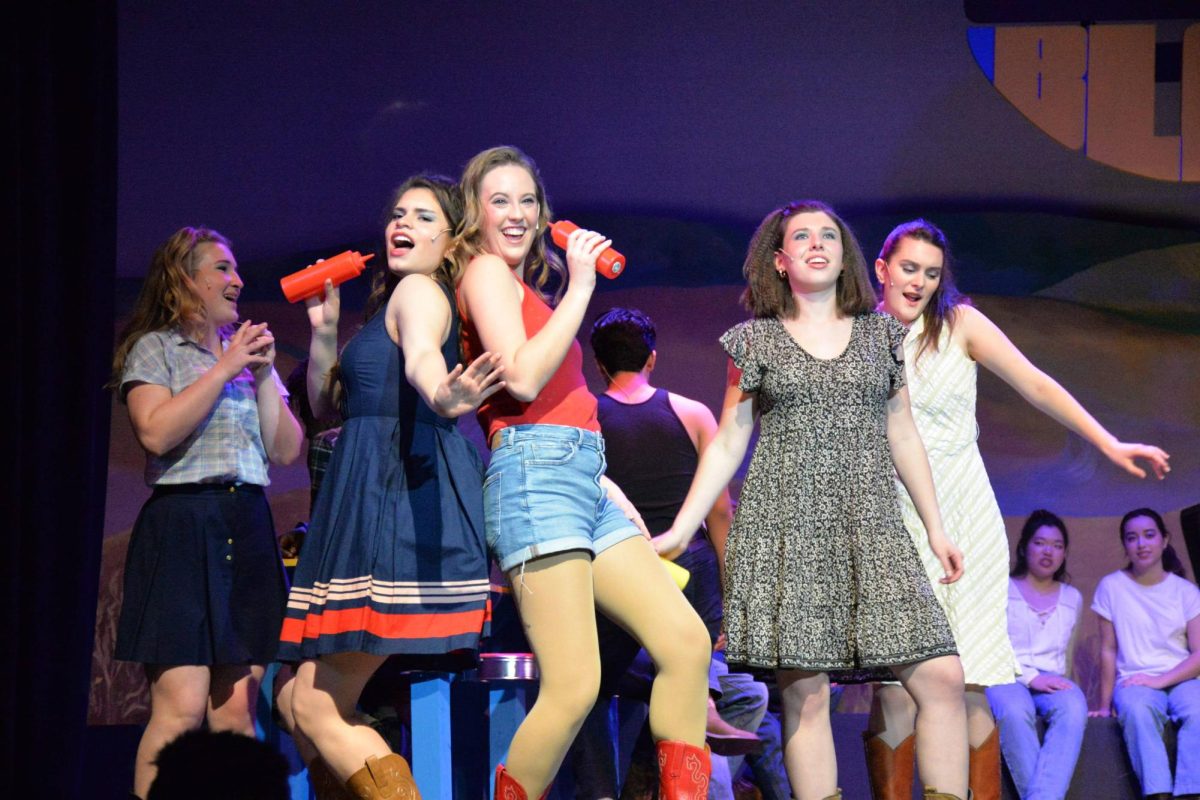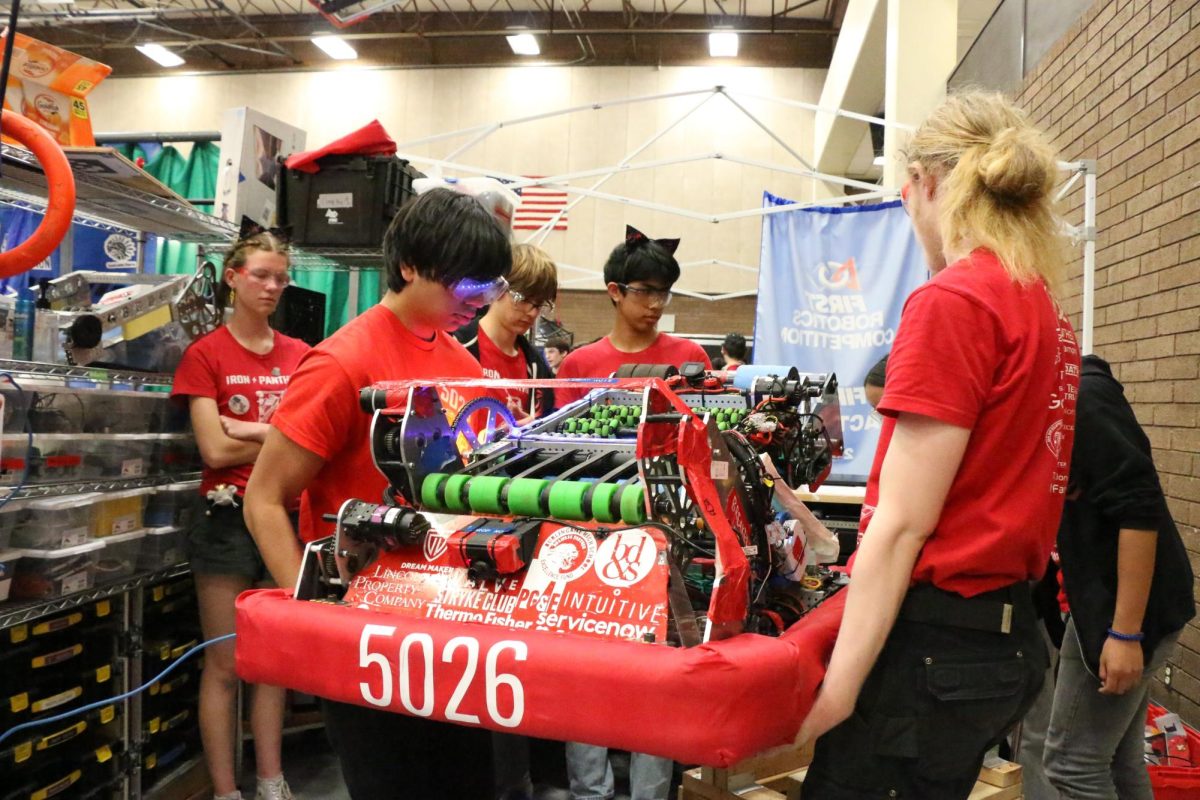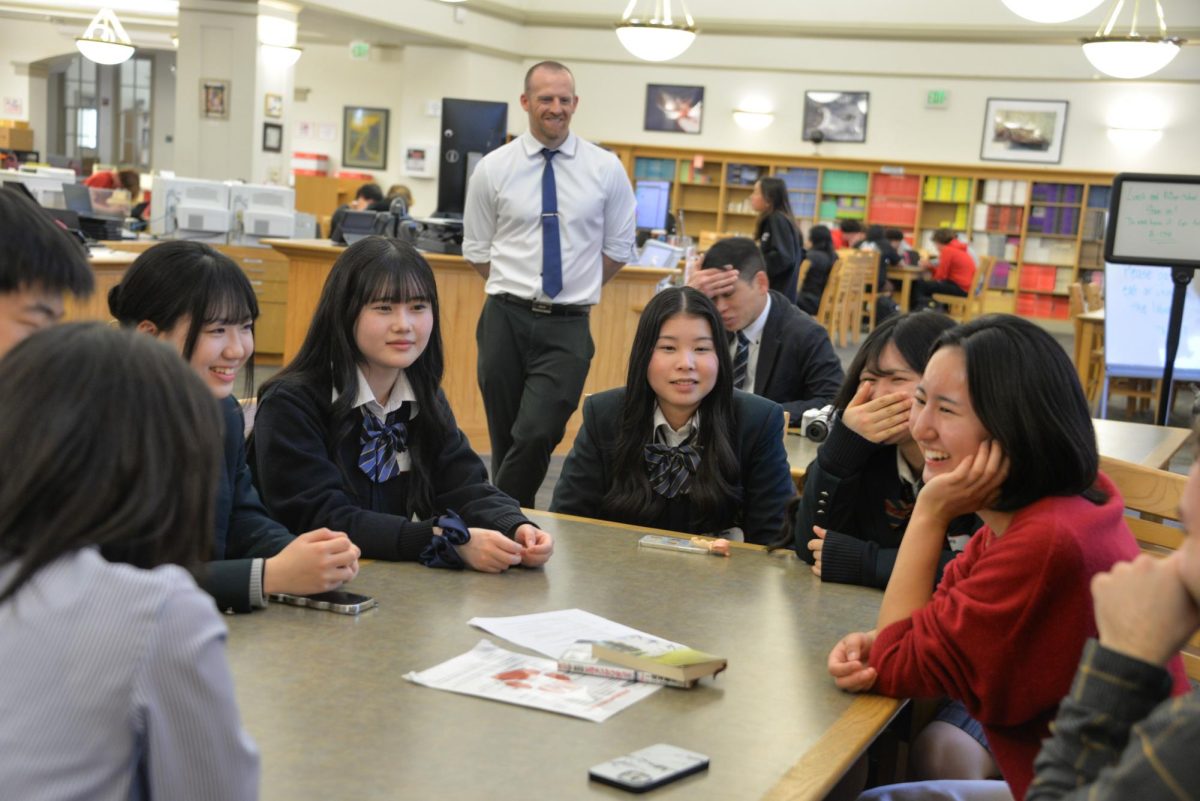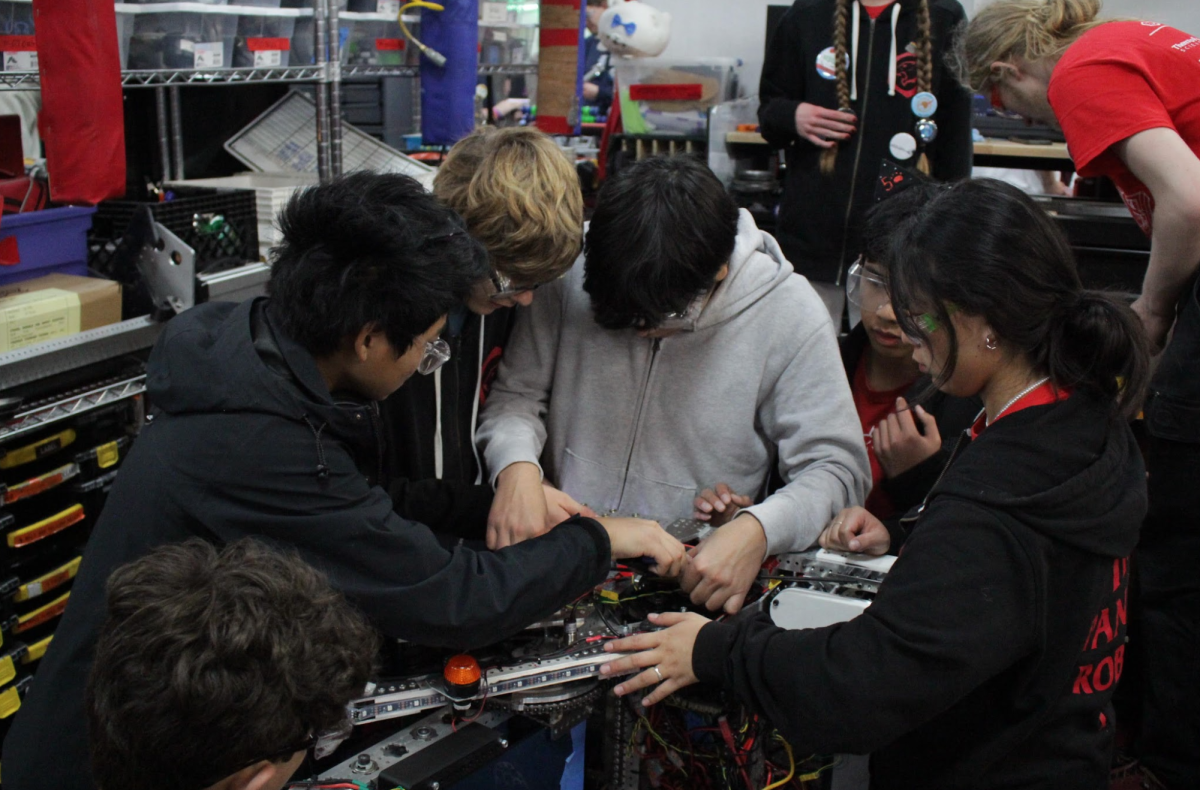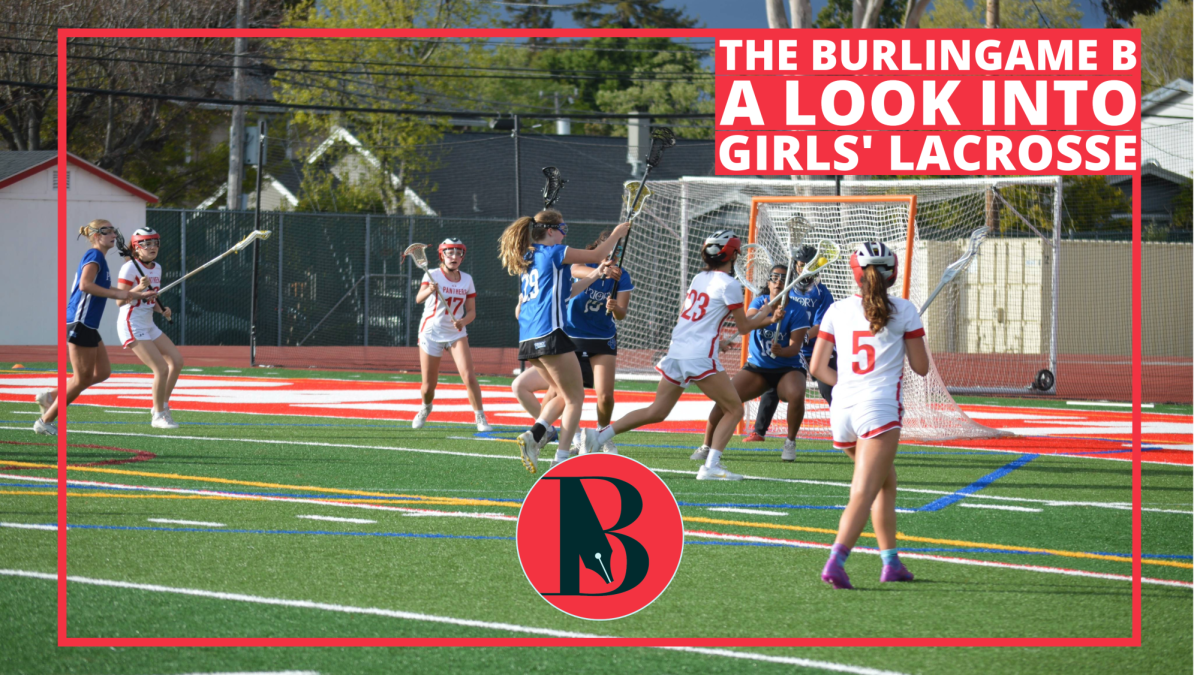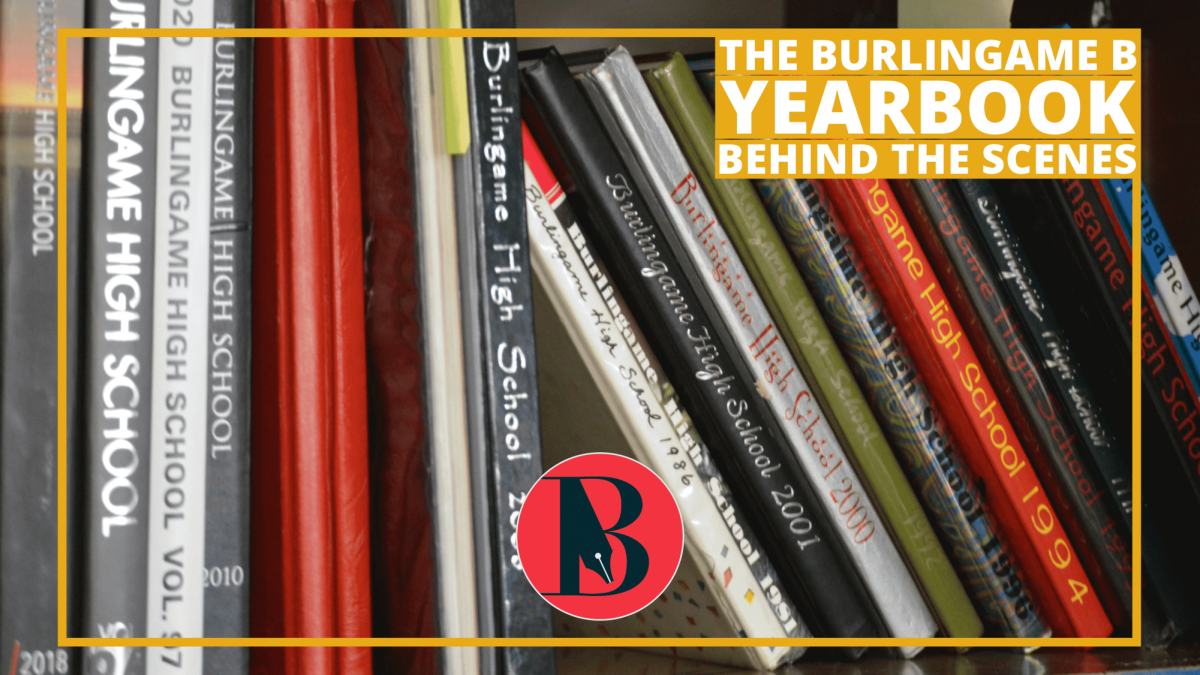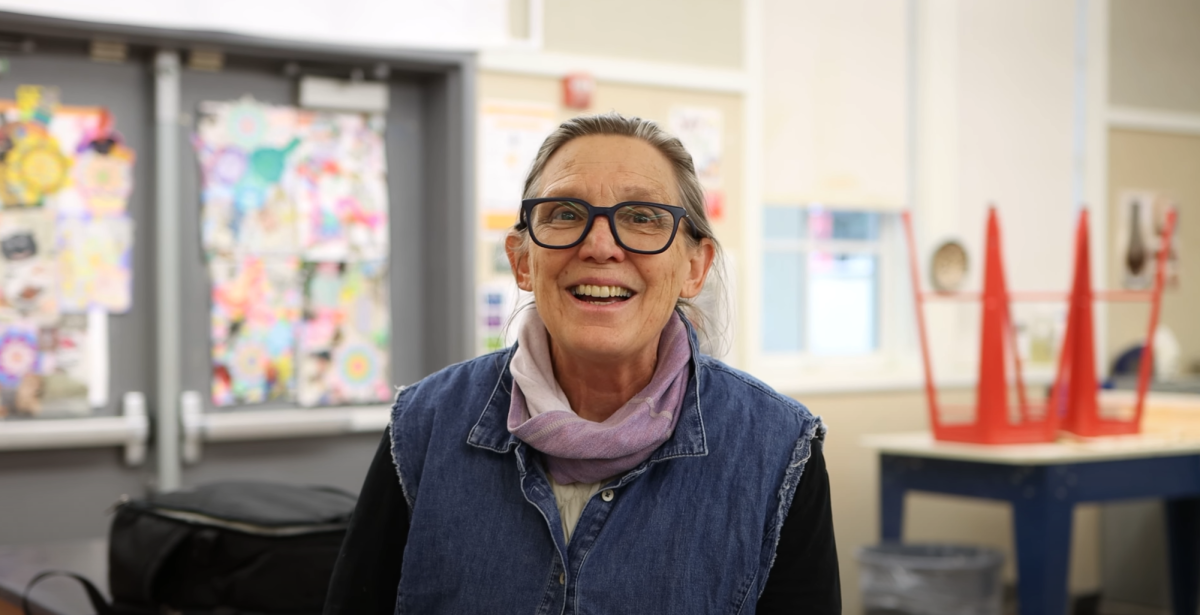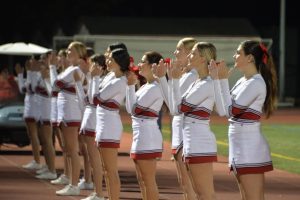Public figures mobilize voters
— Gen Z voters. With the younger generation’s growing political influence, campaigns are evolving their strategies to capture the attention of a more digitally engaged electorate.
Take Taylor Swift, who lent her voice to the political fray, endorsing Vice President and Democratic Nominee Kamala Harris to her 284 million Instagram followers on the night of the presidential debate in Philadelphia on Sept. 10. A year earlier, Swift encouraged her fans to register to vote, directing them to Vote.org. The result was immediate — over 35,000 new voter registrations in a single day, according to Vote.org CEO Andrea Hailey.
Harris’ campaign also leaned into Gen Z internet culture. Most notably, the marketing team embraced the viral “brat” meme — the “hot-mess popstar” aesthetic on TikTok — linked to singer Charli XCX. She used the viral sensation as theming for her social media pages, becoming a significant part of her campaign.
Former President and Republican nominee Donald Trump’s campaign also branched out to popular figures among Gen Z voters. TikTok influencer Bryce Hall expressed support for Trump at a Las Vegas rally in September. The Republican National Convention hosted well-known figures like Amber Rose, a rapper and model, and Kid Rock, who performed his 2000 track “American Bad A–” with lyrics altered to include references to the former President.
Advanced Placement Government and Economics teacher Matthew McDermott recognizes how candidates strategically use celebrities to appeal to specific voter demographics.
“Hulkamania [wrestler Hulk Hogan] at the RNC [Republic National Convention] is tapping into who Trump is hoping supports him, and Kamala, or the Democrats, [are] using the more contemporary celebrities [to] help them,” McDermott said.
As campaigns increasingly turn to celebrities and influencers to connect with Gen Z voters, the broader trend of youth engagement remains a crucial factor in electoral outcomes. McDermott highlights the importance of this connection, noting how youth turnout has historically benefited Democrats.
“Ever since 2008, the narrative has been that when young people vote, Democrats tend to win. So it’s 2024 — 16 years later — but that narrative still applies. If we get this huge turnout that we got in 2008 from younger generations, that seems in part to go well for Democrats,” McDermott said.
Still, it’s hard to quantify how much of an impact celebrity endorsements have on swaying young voters. Senior Shani Roitman, co-president of the Generation Voter Club, believes celebrities and social media influencers won’t change her vote.
“Personally, I wouldn’t let an influencer influence my political beliefs, or who I would vote for. But I think it’s easy for a lot of people in this generation to see an influencer they like pushing [for] something, and then be like, ‘Oh, since this influencer is saying that, then, I believe it,’” Roitman said.
Senior Gigi Sullivan emphasizes the importance of not letting social media solely influence your political decisions.
“I like to look at [politics] when I see something [on social media]. I’m like, ‘Oh, is that actually serious?’ I like to go and look it up and figure out if it’s actually true or not. I look at it for information but you also want to be well informed and not believe everything you see on social media,” Sullivan said.



